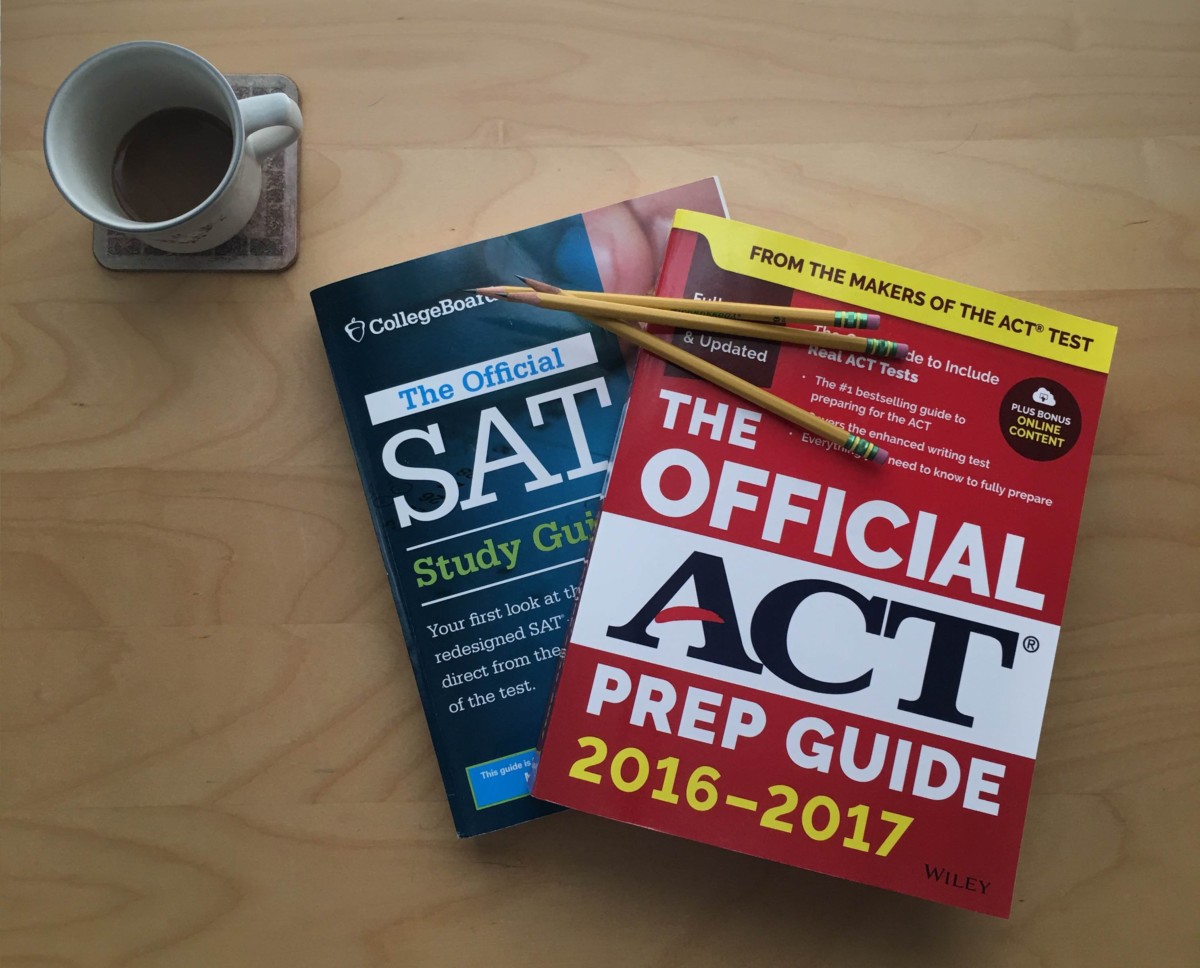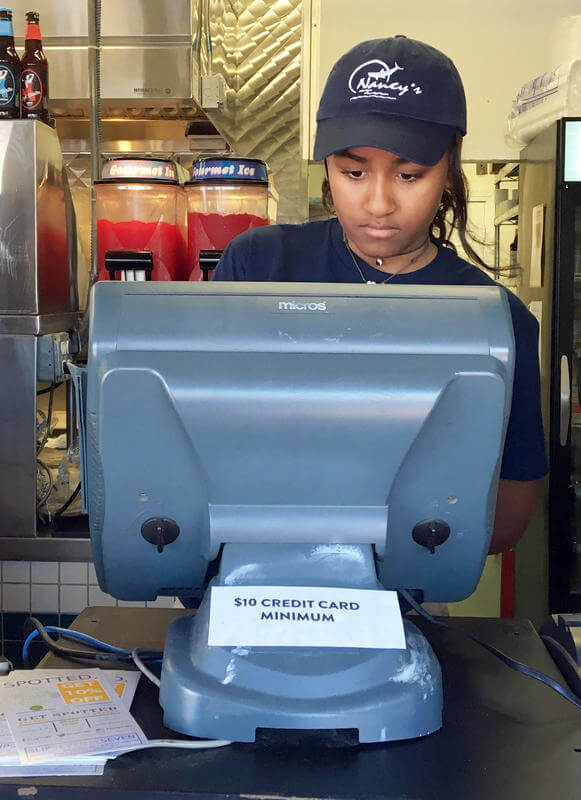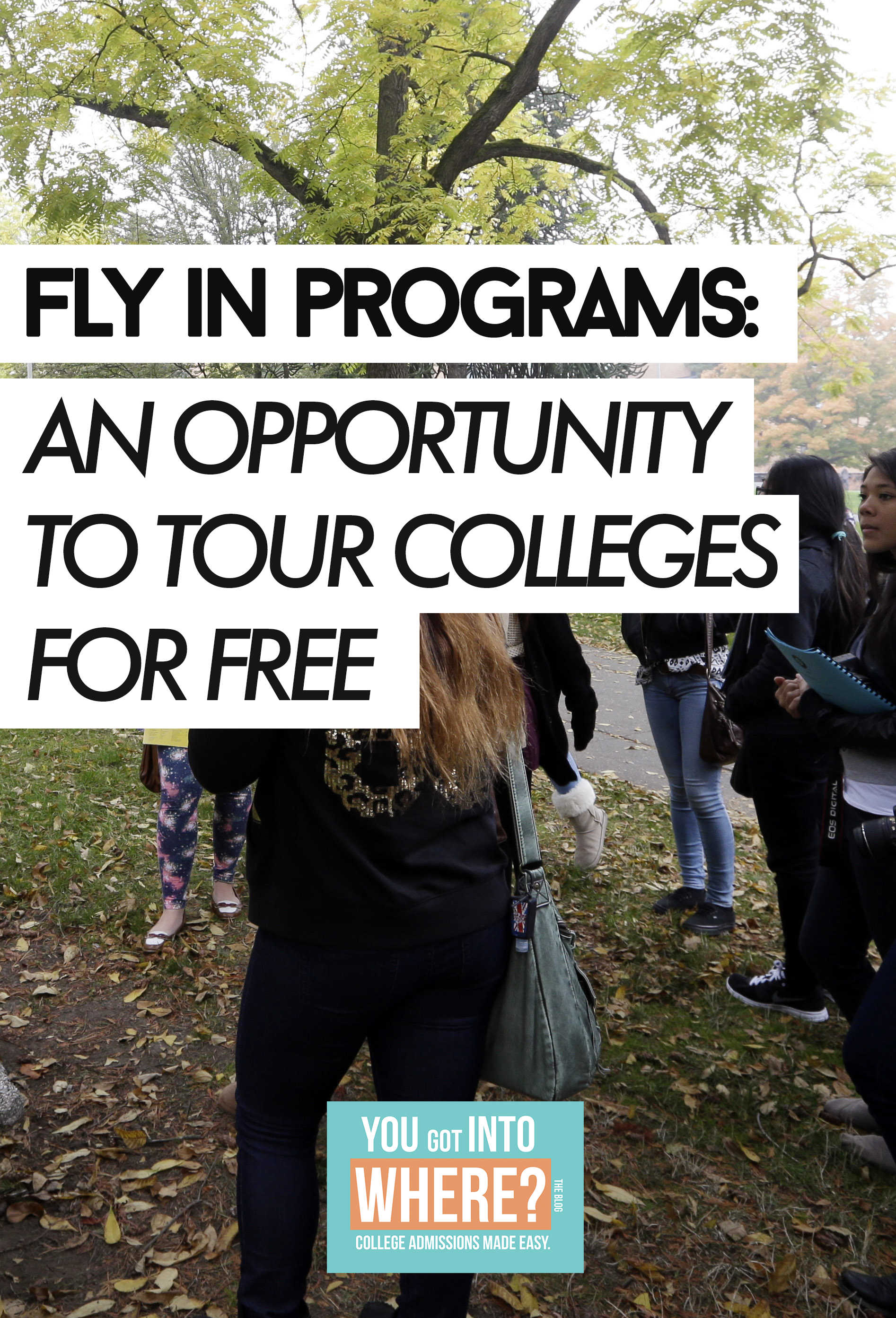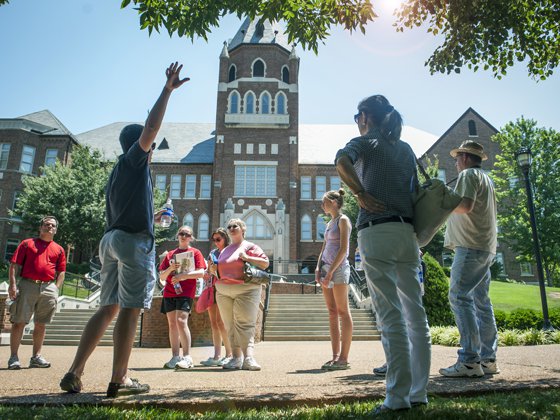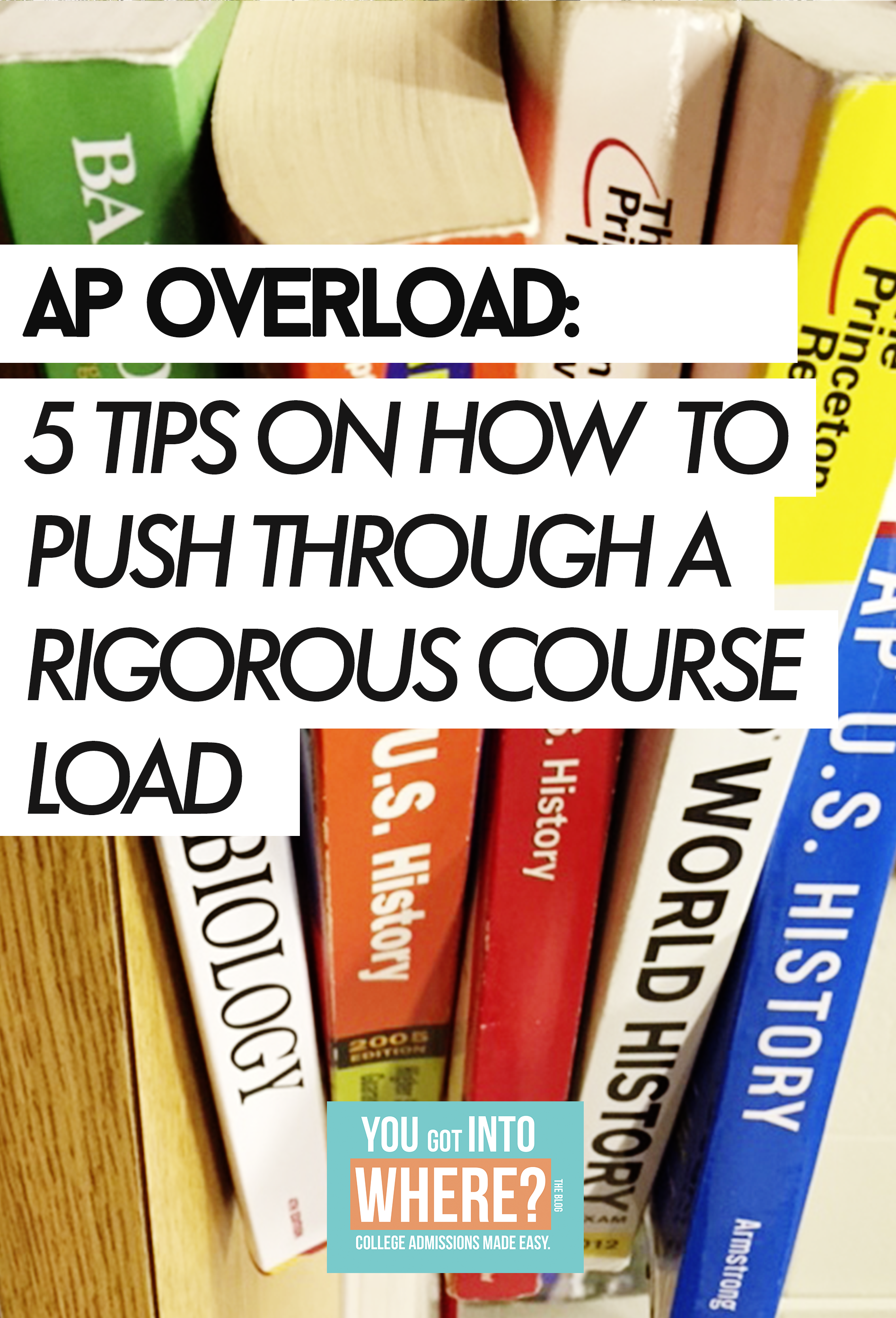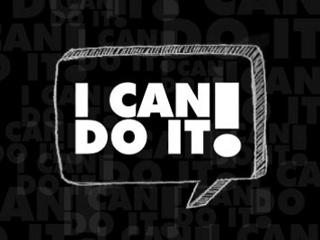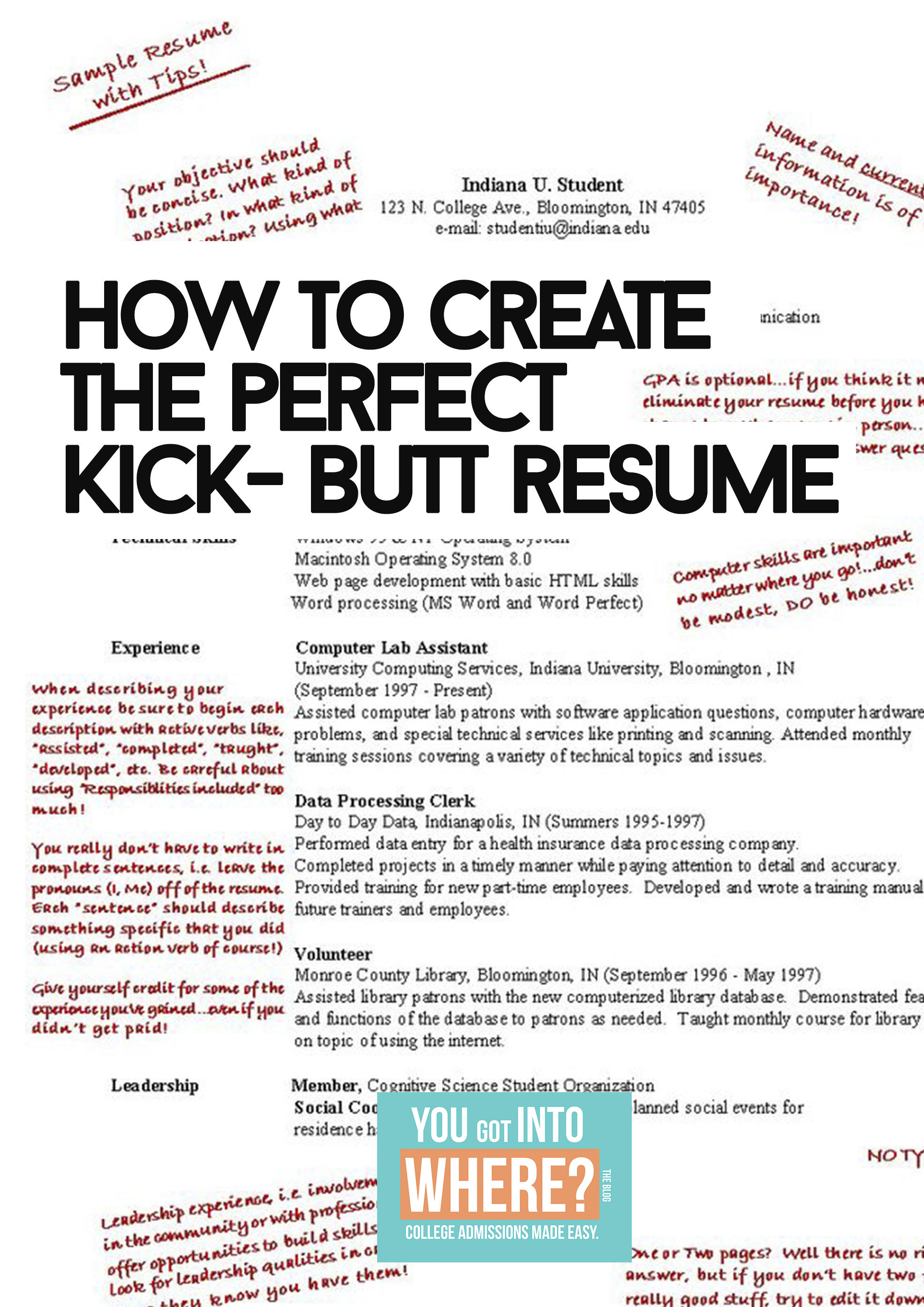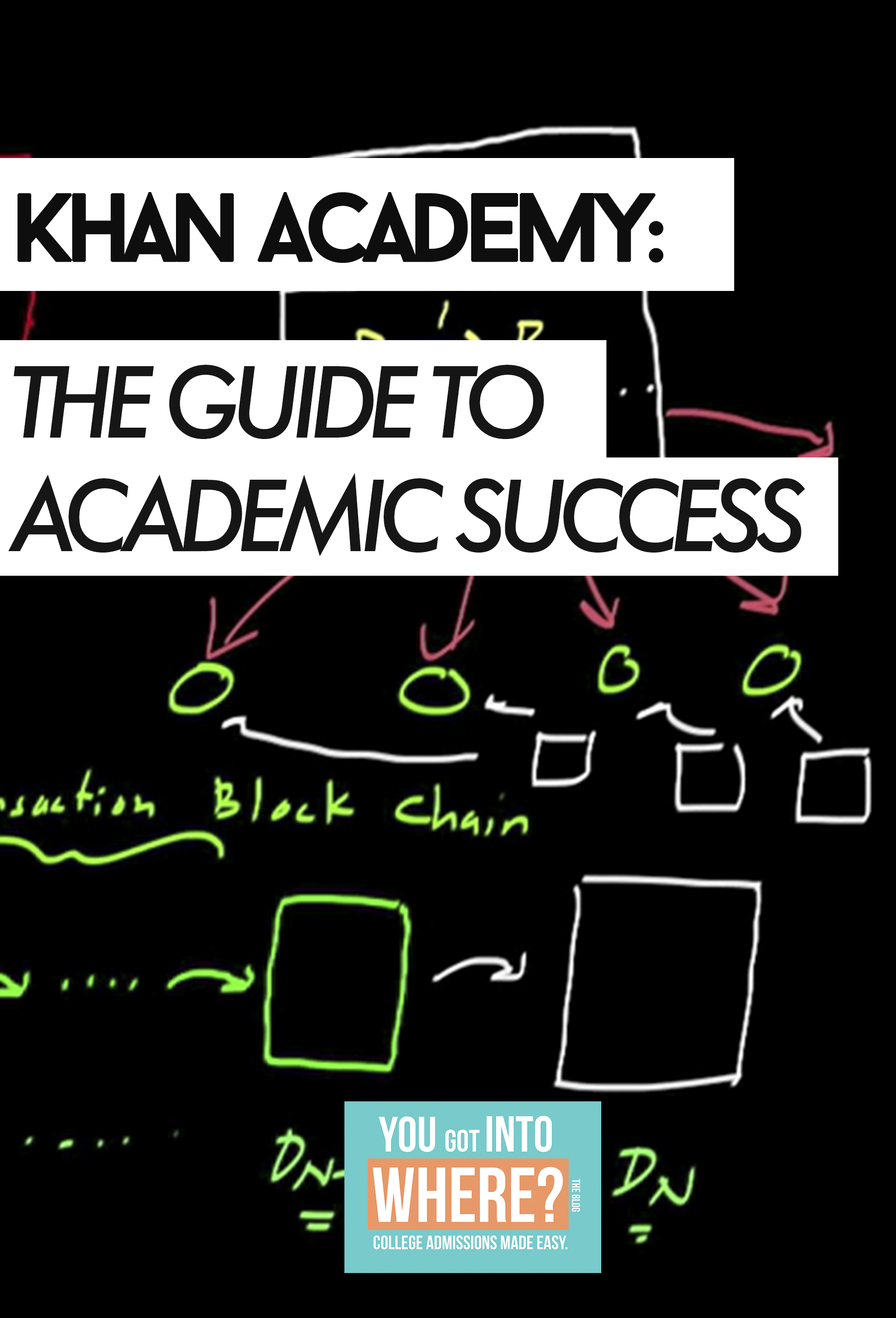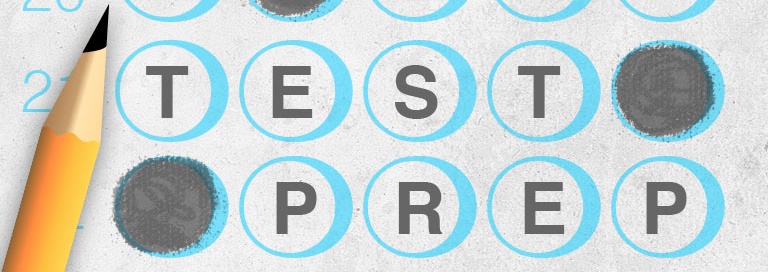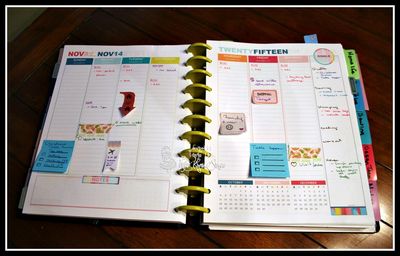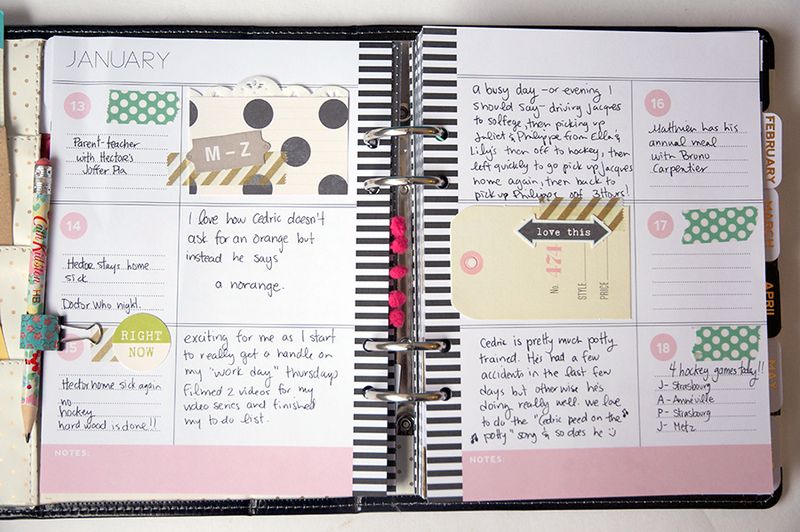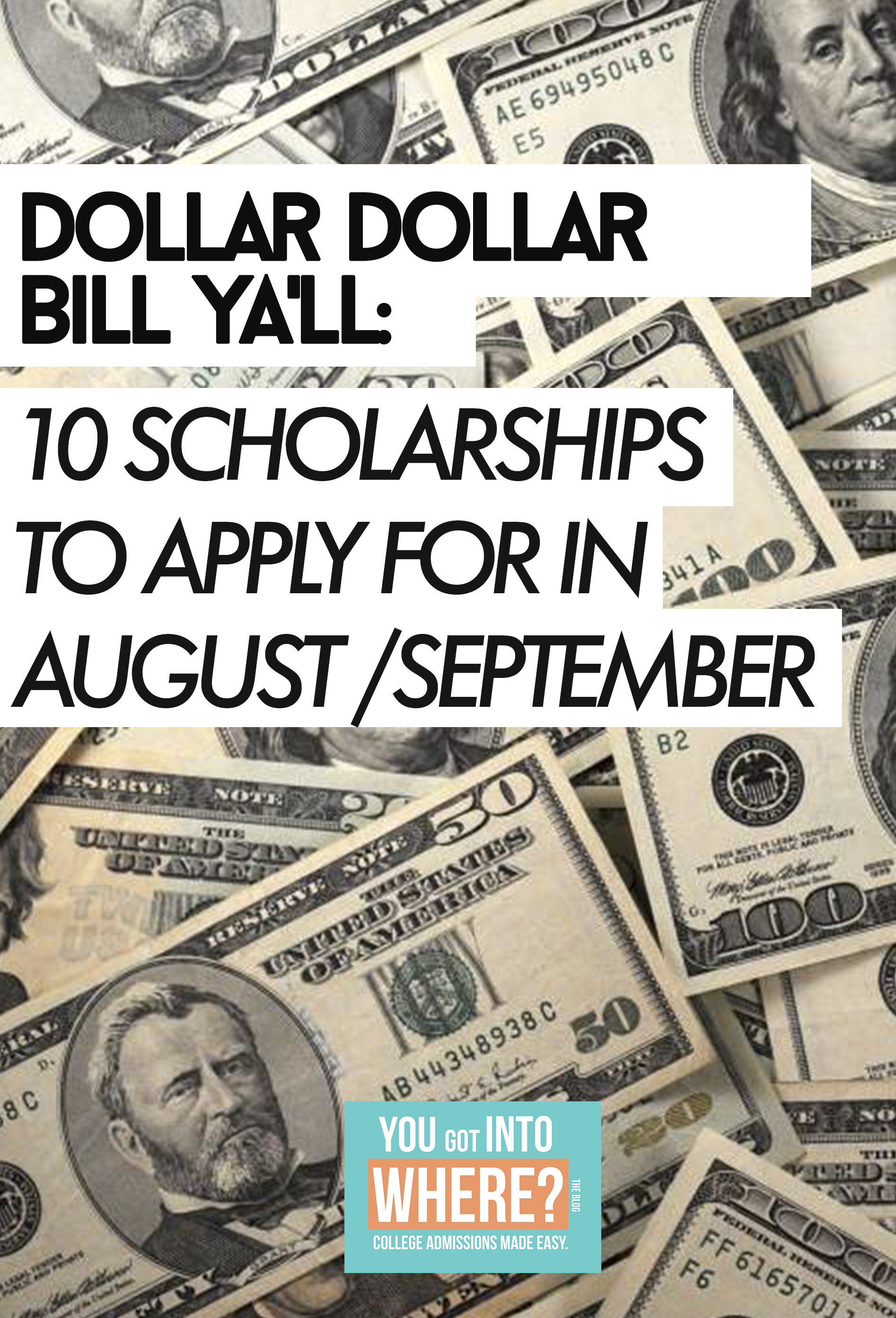What the Heck is a Collegiate High School?
/
What is an Early College High School?

Most students have never heard of a collegiate high school but it is an education route that can eventually be considered a normal high school experience in America in less than 10 years. If you have ever known or heard about a high school student taking dual credit courses, then you already have an idea of what a Collegiate High School is! First and foremost, it is a public school that gives students the opportunity to graduate with their associate's degree almost a whole month before they even receive their high school diploma. Students have actual college professors from a local community college that their school district partners with. Depending on which school a student attends, you may be on that campus all four years of high school or just two years like my school.
Because of the growing number of these schools, I believe it is difficult to have an actual number of how many exist but according to an article on the Great!Kids website they stated “ There are currently 75,000 students in 28 states attending early college high schools. No two early college high schools are alike.” (Tynan-Wood, 2016)
http://www.chisd.net/cms/lib5/TX01917715/Centricity/Template/GlobalAssets/images//CHISD%20logos/COLLEGIATE-crest.gif
My Story
Before Fall 2012: 8th Grade Decisions
Once 8th grade year started for me I thought I knew exactly where I was going to high school. At the time attended a private school so I didn’t have to go there for high school. I felt that I could see into the future at the time and I saw myself at a magnet school in my school district and after getting wait listed by both of the schools within the magnet school I thought that mother was going to have to struggle putting me through private school for the next four years. I mean I was kind of happy with the idea of staying at the same school with people I knew and the variety of classes and extracurricular activities I could experience. But by the time I go to spring semester of 8th grade it had been decided that I would apply to a school called Kathryn Joy Gilliam Collegiate Academy and then a few months later Cedar Hill Collegiate High School. Well after applying and getting in to Kathryn Gilliam High School was a little excited because I had never gone to public school before but was also not so sure about this. I mean I knew taking college classes wouldn’t be a breeze but it’s not something that I can’t do either. Then after interviewing with Cedar Hill Collegiate I was little less worried mostly because at this point I would have to watch my mom struggle just to send me to school. A few weeks went by of me thinking “Wow! I am going to attend Kathryn Joy Gilliam Collegiate Academy and taking college courses” Like I stated before college courses weren’t the thing I was afraid of; I actually recall having a few thoughts of somehow getting ahead so that I could knock off a few college courses. But I was still worried see this school wasn’t in the best part of town and I had never been around kids from the area or my neighborhood so it would be so very new to me. I was also worried about wearing a boring repetitive uniform for the next four years again! Ugh!

After these few weeks passed by and all of these thoughts were had, I finally received and envelope from Cedar Hill Collegiate High School but there was one problem with this envelope. It wasn’t a large one. It was a normal sized one and there wasn’t a thick pack of papers folded up in it. But I just took the biggest gulp I could take and opened it. I opened it and I had been excepted, I could now wear a normal uniform and I would still be attending school with a few people who I know. So, for the rest of eighth-grade, I was happy that I was going to a different school with so many new benefits.
That summer I had to attend two weeks of school, which they called “Summer Bridge”. Even though I had school in the middle of the summer I wasn’t too upset (surprisingly). I knew that this was a fresh new start. Yay!
Fall 2012: My Freshman Year and Beyond!
At the end of the Summer Bridge Camp, we had to take a test in order for us to take our college classes and I honestly was not too worried about it. It was basic reading and I’m like I got into this school so this shouldn’t be too hard. Boy oh boy…was I wrong I failed the test by 2 points. In that moment all I could think was woe is me. I got over it and August came and I could officially say that I was a student of Cedar Hill Collegiate High School in Cedar Hill, TX ( a suburb city in the Dallas Area) But it was not uncommon for people to fail the test so I was able to take health as my college course that first semester and we retook the test in October and I passed. We then had to take a grammar and writing one to be able to take our classes for a sophomore year and this test was an actual breeze like I expected the first one to be. So basically with this program or at least at my school we take all of our basics, a few electives, and maybe some intro courses to receive our associate's degree. So now when I reach my University in a few weeks I will be taking courses that are geared towards my actual degree.
Anyways, let’s get back to walking down memory lane. So I took health and a course called CR Study Skills. CR Study Skills is a course that teaches you about yourself and how to handle college courses a with the different things that you learn in that class. This is a Dallas County Community Colleges Courses which means that it would be named something completely different at any other college you attend. In the summer we were allowed to take college classes that were actually on the Cedar Valley College campus and that summer I took government because the other classes were full and the teacher I had been a “legit” professor in a sense. By this I mean he meant business and he required you to truly do your part. This class was total hell compared to the two easy classes I had taken. I did not do that great in his class and thought that my life at collegiate was over because I had received a D! I had never received a grade like that in my life…I was so ashamed of myself I lied to mother and told her I had received a C. I’m not quite sure how long I waited but I know I waited a really long time before I told her the truth. See when you’re enrolled at these colleges only you have access to your grades and your parents can too IF YOU give them the password. They don’t give you and your parents two separate accounts.

Speaking of Parents! I think you all should know this if you consider attending a school like this that your parents CANNOT go and talk to your college professors. They will not talk to them and probably will be offended if your parents did attempt to get in contact with them. You have to remember that the whole point of this program is not only to receive your associate's degree but also to gain good study habits and really fight for your education.
This was something that was taught to us by our biology teacher she later became our dean of instruction sophomore year. When we got to our junior year she was the person that protected us and watched out for us when we got to the Cedar Valley campus. She truly taught us that we are in control of our education we have to fight for it even if we messed up things for ourselves. She wanted to make sure we understood this because there was only so much she could do for use and she most definitely wouldn’t be able to help us in college.
WANT TO LEARN MORE ABOUT COLLEGE ADMISSIONS? CHECK OUT THE YGITW BOOK HERE!
LOOKING FOR A HIGH SCHOOL OR COLLEGE INTERNSHIP? APPLY HERE!
PHOTO CREDITS:
http://www.greatschools.org/
https://garrettmilovichdotcom.files.wordpress.com
http://cdn.playbuzz.com/
http://fordschapellc.org/






